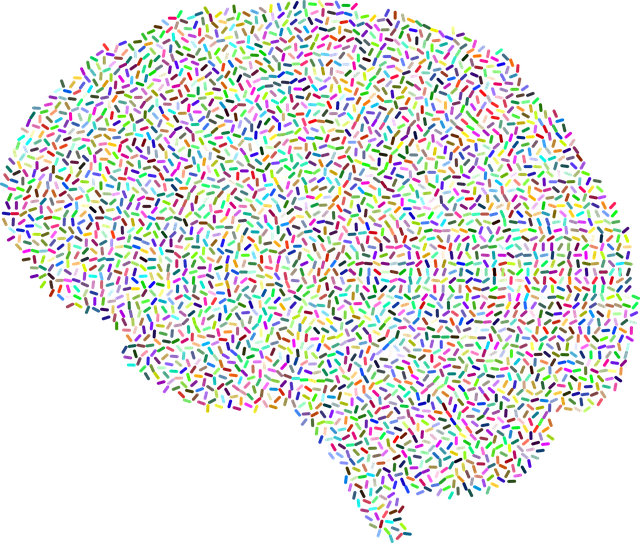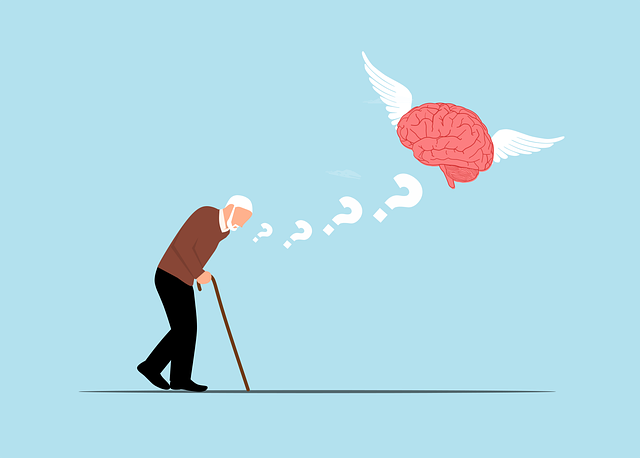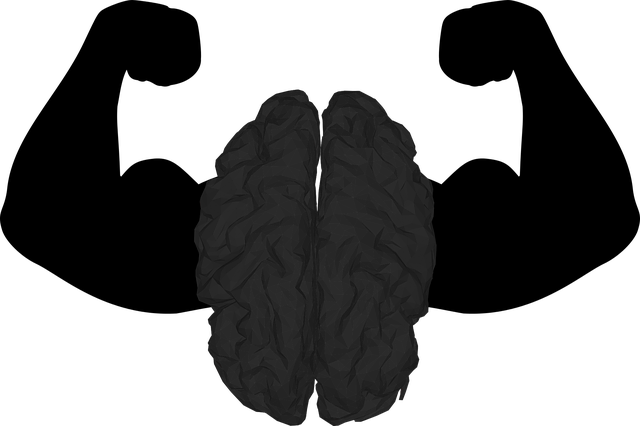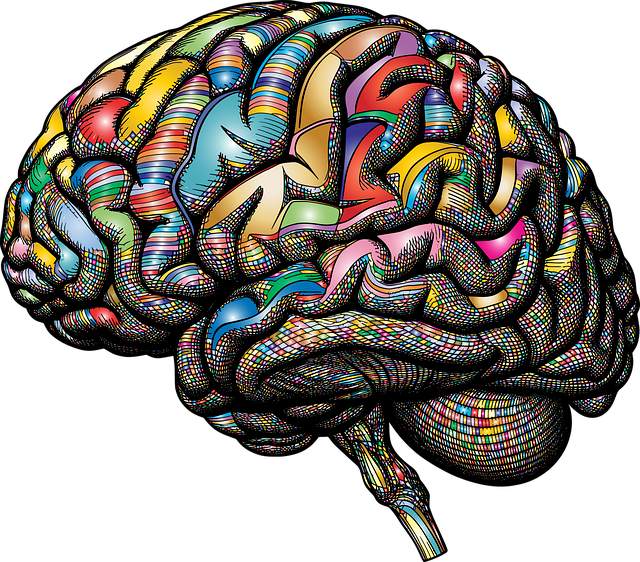Social Skills Training (SST) is an evidence-based approach tailored for individuals with Autism Spectrum Disorder (ASD), aimed at enhancing interpersonal interactions and mental wellness. Offered by Lafayette Autism Spectrum Disorder Therapy, SST breaks down complex social scenarios into manageable parts, teaching active listening, non-verbal communication, conflict resolution, and appropriate social behavior in a safe setting. This training builds resilience, empowering clients to navigate real-world social stressors with confidence, leading to improved mental health and quality of life. Additionally, it incorporates self-care routines and trauma support services, promoting better understanding between individuals with ASD and their peers.
Social skills training plays a pivotal role in managing mental health conditions, especially for individuals on the Autism Spectrum. This article delves into the concept of social skills training, highlighting its benefits for those with Autism Spectrum Disorder (ASD). We explore effective strategies implemented in Lafayette ASD therapy, offering insights into how tailored interventions can enhance social interactions and overall well-being. Understanding these techniques is crucial for navigating the complexities of ASD and fostering a more inclusive society.
- Understanding Social Skills Training
- Benefits of Social Skills Training for Individuals with Autism Spectrum Disorder (ASD)
- Implementing Effective Strategies in Lafayette ASD Therapy
Understanding Social Skills Training

Social Skills Training (SST) is an evidence-based approach designed to enhance interpersonal interactions and support individuals in managing social challenges that often accompany various mental health conditions, such as Lafayette Autism Spectrum Disorder (ASD). This type of therapy focuses on teaching practical coping skills and strategies to improve communication, emotional regulation, and social engagement. Through SST, individuals learn to navigate social situations with greater confidence and ease.
The process involves breaking down complex social interactions into manageable components, allowing for the development of specific skills like active listening, non-verbal communication, conflict resolution techniques, and appropriate social behaviour. By practicing these in a safe environment, clients can build resilience and better cope with real-world social stressors. This is especially beneficial for those struggling with social anxiety, depression, or ASD, as it empowers them to engage more effectively with others, fostering better mental wellness and overall quality of life.
Benefits of Social Skills Training for Individuals with Autism Spectrum Disorder (ASD)

Social Skills Training (SST) offers immense benefits for individuals on the Autism Spectrum Disorder (ASD) spectrum, enhancing their overall quality of life and mental health. Through structured programs like Lafayette Autism Spectrum Disorder Therapy, SST focuses on teaching essential social interaction skills tailored to each person’s unique needs. This training encourages communication, fosters meaningful connections, and promotes better understanding between individuals with ASD and their peers.
One significant advantage is the development of a robust self-care routine, which complements mental wellness journaling exercises for tracking progress and emotions. SST also provides trauma support services, addressing any past experiences that may impact social functioning. By mastering social cues and behaviors, individuals with ASD can navigate social environments more confidently, leading to improved mental health and enhanced participation in daily activities.
Implementing Effective Strategies in Lafayette ASD Therapy

In Lafayette Autism Spectrum Disorder (ASD) therapy, implementing effective strategies is paramount to enhancing social skills and improving mental health outcomes. Trained therapists utilize a range of evidence-based techniques tailored to each individual’s unique needs. These may include structured social skill training programs that teach communication, empathy, and appropriate social behaviors. Additionally, incorporating self-care routine development for better mental health becomes an integral part of the therapy process. By teaching individuals with ASD stress management techniques, therapists empower them to navigate challenging situations more effectively.
Stress management workshops organized within the therapy setting further reinforce these skills. These interactive sessions offer practical tools and strategies to cope with anxiety, frustration, and sensory overload—common challenges faced by individuals on the autism spectrum. Through a combination of structured learning, individualized support, and self-care promotion, Lafayette ASD therapy aims to help clients build resilience, foster meaningful connections, and improve their overall well-being.
Social skills training is a powerful tool in improving the lives of individuals with mental health conditions, particularly those on the Autism Spectrum. As seen through effective strategies implemented in Lafayette Autism Spectrum Disorder (ASD) therapy, these programs offer unique benefits such as enhanced communication, better understanding of social cues, and improved overall well-being. By focusing on practical, tailored techniques, professionals can empower folks with ASD to navigate social interactions more confidently, fostering deeper connections and a more fulfilling life. For those seeking specialized support, Lafayette ASD therapy provides a comprehensive approach to unlock the potential of individuals navigating this unique spectrum.











